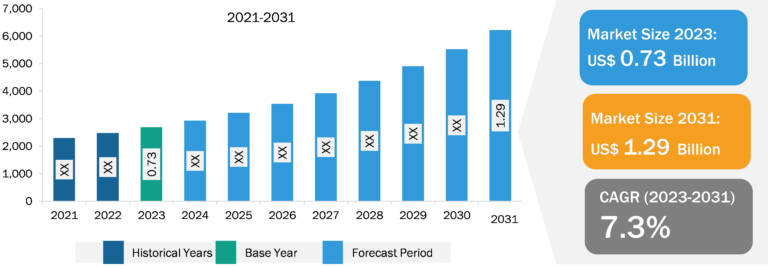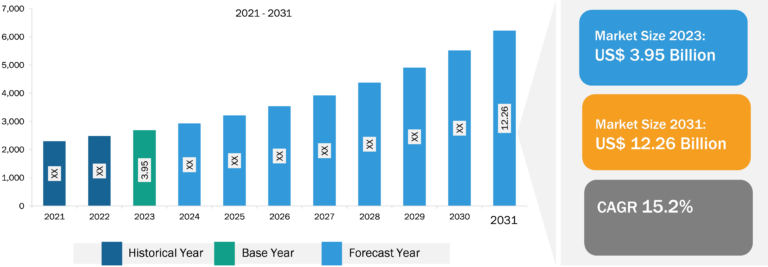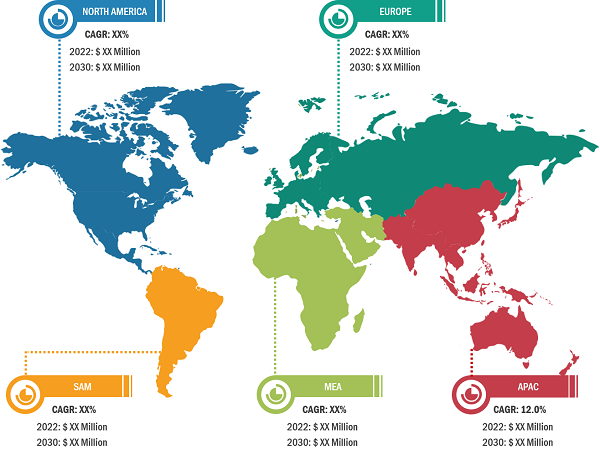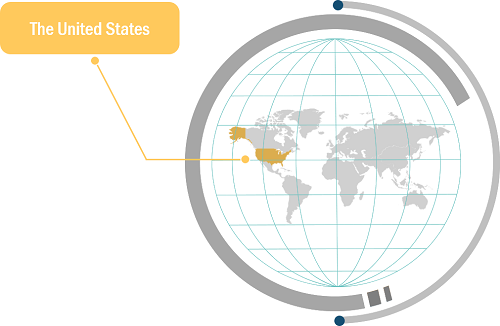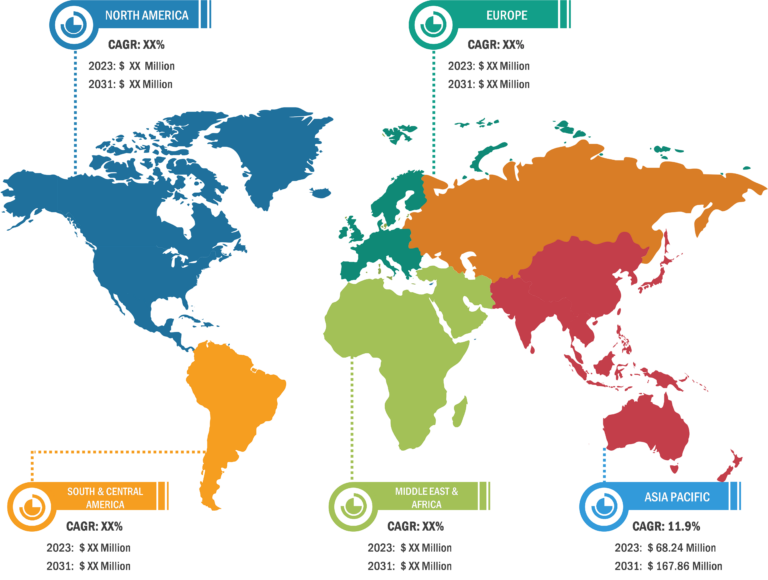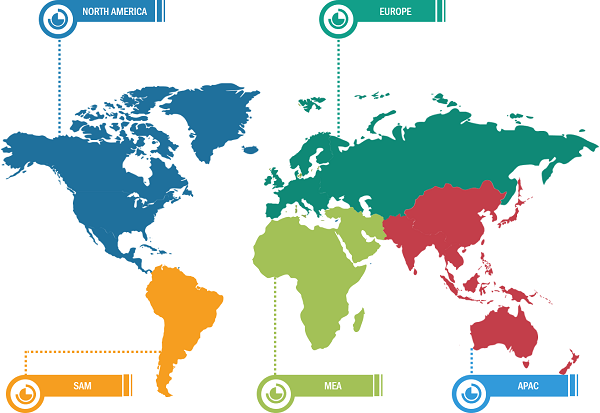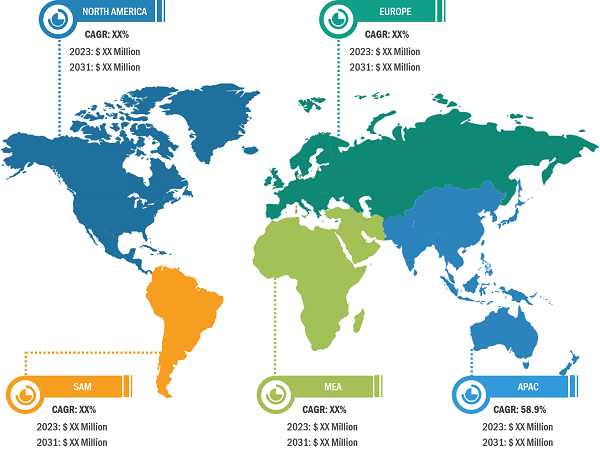
5G Services Market
Digital Transformation to Fuel 5G Services Market Growth During Forecast Period
Organizations face challenges in remaining competitive in a rapidly changing and dynamic market. Through digital transformation, businesses aim to increase their competitive advantage, improve business performance and processes, and achieve business growth. Digital transformation has become a new model for many organizations to gain competitive advantages in the intense and dynamic market. Moreover, the COVID-19 pandemic has boosted digital transformation activities by forcing organizations to increase the use of digital platforms for consumers and employees. 5G plays a pivotal role in this new era of global digital transformation with its incredibly low latency, huge traffic capacity, and superfast data rates. In such a massive digital revolution, 5G facilitates quick communication between IoT machines, sensors, and devices. 5G networks can carry data at peak rates of up to 20 Gbps, which is far faster than 4G networks. They have a high dependability of up to 99.9999% when sending data. Moreover, 5G offers faster and more reliable connectivity than previous generations of mobile technology. Businesses can use real-time data analytics and insights to optimize operations and improve customer experiences with 5G.
As industries worldwide move toward an intelligent world defined by connectivity and digitalization, incorporating technologies such as 5G helps industries accelerate digitalization for faster, more stable connectivity for various applications. These applications include cloud computing, virtual reality (VR), and video streaming. Thus, digital transformation across industries is likely to provide opportunities for the 5G services market growth during the forecast period.

5G Services Market: Industry Overview
The 5G services market is segmented on the basis of type, end user, and geography. Based on type, the 5G services market is segmented into enhanced mobile broadband (eMBB), massive machine-type communications (mMTC), ultra-reliable low latency (uRLLC), and fixed wireless access (FWA). In terms of end user, the 5G services market is divided into enterprises and consumers. By geography, the 5G services market is segmented into North America, Asia Pacific, Europe, Middle East & Africa, and South & Central America.
The 5G services market in North America is segmented into the US, Canada, and Mexico. The US is expected to hold the largest 5G services market share and record the highest CAGR during 2023–2031. The high rate of digitization in various industries in the US fueled the growth of the 5G services market. The increasing adoption of digitization and automation across various industries such as manufacturing, retail, and BFSI is further contributing to the rise in demand for advanced technologies for efficient and real-time communication and data transmission. For instance, in April 2022, Pete’s adopted self-checkout systems across its 50 retail stores in the US. Moreover, the presence of a large number of market players, including AT&T, Verizon, T-Mobile, Dish, and Comcast, in the US contributes to the growth of the 5G services market.
5G Services Market: Competitive Landscape and Key Developments
Verizon Communications Inc, Huawei Technologies Co Ltd, Telefonaktiebolaget LM Ericsson, Nokia Corp, Samsung Electronics Co Ltd, ZTE Cop, Vodafone Group Plc, Orange SA, Deutsche Telekom AG, and China Mobile Limited are among the leading players profiled in the 5G services market report. Several other essential market players were analyzed for a holistic view of the market and its ecosystem. The 5G services market report provides detailed market insights, which help the key players strategize their market growth. As per the company press releases, below are a few recent key developments:
- Midea, AIS, China Unicom, and Huawei have jointly implemented the first 5G fully connected factory in Southeast Asia, setting a new standard for smart manufacturing in the region. This collaboration marks a new milestone in the 5G era, enhancing efficiency, safety, and automation in complex production processes. Harnessing the comprehensive 5G network coverage of the Midea Industrial Park in Chonburi and a 5G+ industrial Internet platform, each production phase is seamlessly connected through 5G terminals to enable faster machine operation. A dedicated 5G private network has been deployed to support factory operation requirements and leverage intelligent industry applications, which facilitates manufacturing scenarios and interconnects each production line. (Source: Huawei, Press Release, May 2024)
- Ericsson hosted an exclusive event at the Ericsson USA 5G Smart Factory in Lewisville, Texas. The company provided a tour of the facility and hosted programming to reveal the inner workings of the 5G smart factory. This tour was attended by key customers, US Government officials, and media and industry analysts. In addition, Ericsson’s leadership discussed new developments in connectivity as demand for innovation continues to accelerate rapidly to meet the critical need for national 5G infrastructure. (Source: Ericsson, Press Release, May 2024)

